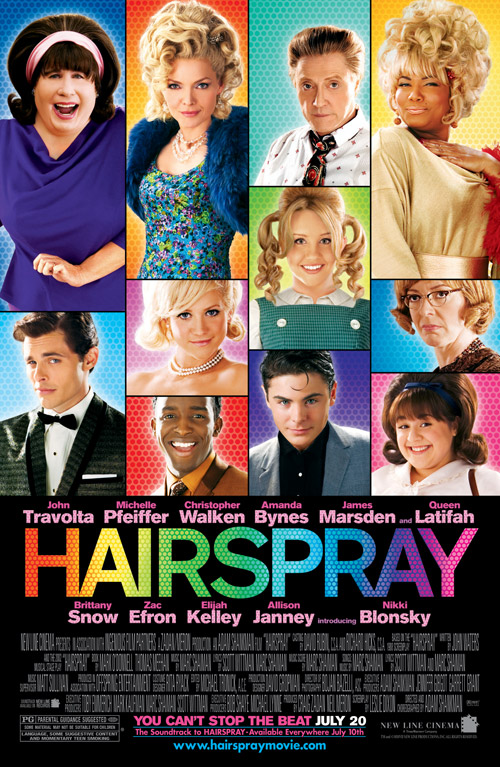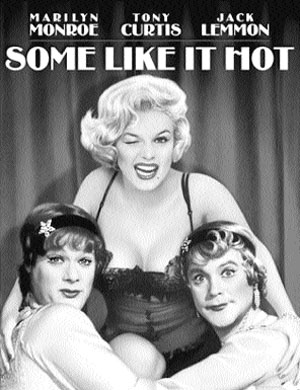
Rush Hour was an original, amusing riff on the conventions of buddy-cop and kung-fu films. Rush Hour 2 was the same, but a bit less fresh and a bit more annoying.
Rush Hour 3 is the same again, except now Chris Tucker spends most of the time begging for a punch in the head.
You already know the story. Someone’s being threatened, and Detectives Lee (Jackie Chan) and Carter (Chris Tucker) go overseas to investigate (Paris this time), end up having slapstick fights, romance, and the occasional shallow emotion, but it all comes right in the end.
Six years since the last instalment, there’s a general feeling of staleness. Where the first and second film could have functioned as one film, this one feels awkwardly tacked on. Yes, Chan and Tucker do their usual shtick, but it’s too predictable to be compelling. The jokes are too loud and obvious, the romance is perfunctory, and the emotional scenes are cliché. And a climactic fight at the Eiffel Tower? Not obvious at all.
It only works when it doesn’t try too hard. Not really one for subtlety is our Brett Ratner (Rush Hour 1 & 2, X-Men 3), but he has at least managed to be occasionally satirical. The buddy cop genre gets a probing whack, with plenty of gay jokes, though even those become a bit jarring. A decent subplot involving a French cab driver makes for intermittent amusement and a deceptively lighthearted critique of American violence. There are some nice references to other films, particularly the scene parodying Bruce Lee’s Game Of Death, but all in all it’s too heavy-handed to really succeed.
Everything else about the film goes without saying. There’s a lot of banter and some quite good action scenes. Jackie Chan, as always, is fun to watch even if his partner is rapidly losing spark. There are some nice special effects, though at times the cracks in the CGI are gratingly visible, and Paris looks too cardboard cutout to be convincing.
It’s a shame, really, that something initially so intelligent should begin to be nibbled around the edges by the same sort of demons that kept the Police Academy series going.
Somebody, please, stop it before it hurts itself.
Rush Hour 3 is the same again, except now Chris Tucker spends most of the time begging for a punch in the head.
You already know the story. Someone’s being threatened, and Detectives Lee (Jackie Chan) and Carter (Chris Tucker) go overseas to investigate (Paris this time), end up having slapstick fights, romance, and the occasional shallow emotion, but it all comes right in the end.
Six years since the last instalment, there’s a general feeling of staleness. Where the first and second film could have functioned as one film, this one feels awkwardly tacked on. Yes, Chan and Tucker do their usual shtick, but it’s too predictable to be compelling. The jokes are too loud and obvious, the romance is perfunctory, and the emotional scenes are cliché. And a climactic fight at the Eiffel Tower? Not obvious at all.
It only works when it doesn’t try too hard. Not really one for subtlety is our Brett Ratner (Rush Hour 1 & 2, X-Men 3), but he has at least managed to be occasionally satirical. The buddy cop genre gets a probing whack, with plenty of gay jokes, though even those become a bit jarring. A decent subplot involving a French cab driver makes for intermittent amusement and a deceptively lighthearted critique of American violence. There are some nice references to other films, particularly the scene parodying Bruce Lee’s Game Of Death, but all in all it’s too heavy-handed to really succeed.
Everything else about the film goes without saying. There’s a lot of banter and some quite good action scenes. Jackie Chan, as always, is fun to watch even if his partner is rapidly losing spark. There are some nice special effects, though at times the cracks in the CGI are gratingly visible, and Paris looks too cardboard cutout to be convincing.
It’s a shame, really, that something initially so intelligent should begin to be nibbled around the edges by the same sort of demons that kept the Police Academy series going.
Somebody, please, stop it before it hurts itself.

